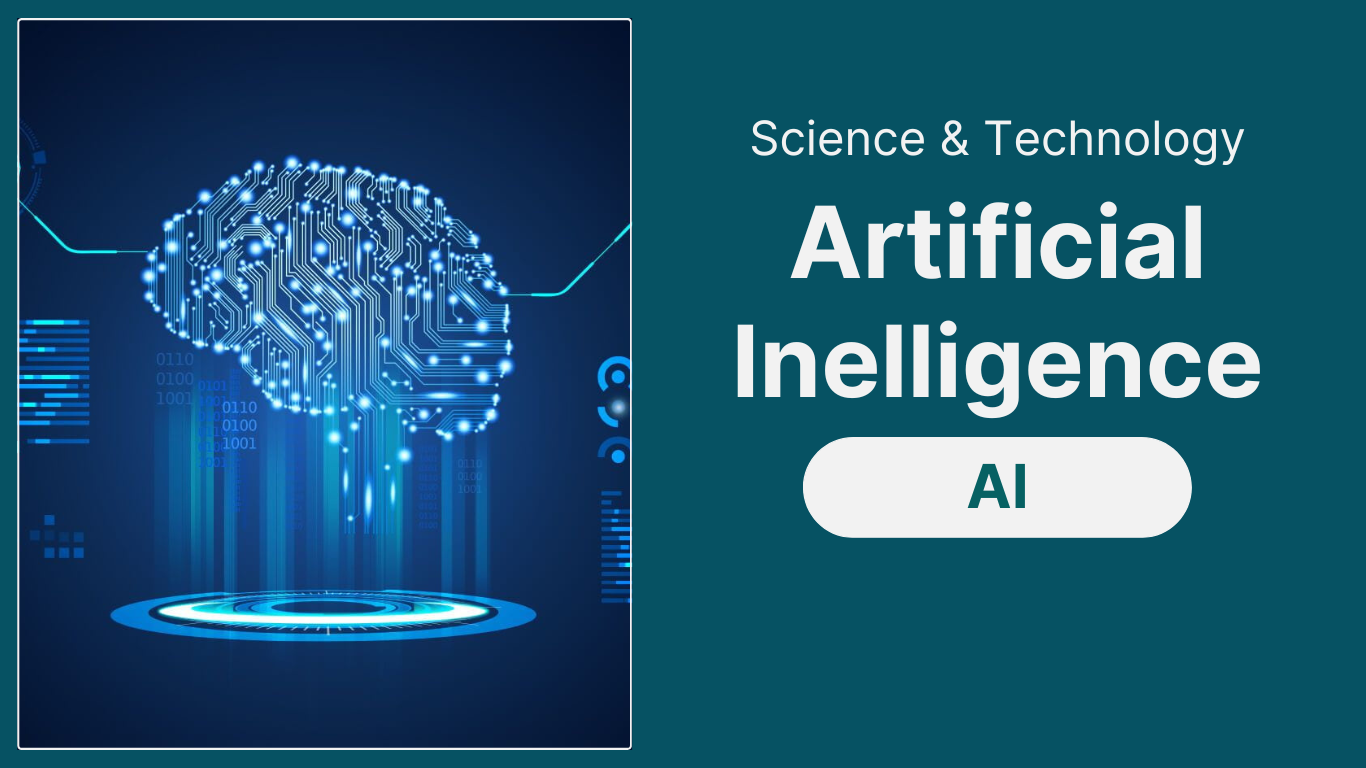All about AI: Artificial Intelligence
AI stands for “Artificial Intelligence.” It refers to the development of computer systems or machines that can perform tasks typically requiring human intelligence. These tasks include learning, reasoning, problem-solving, perception, understanding natural language, and interacting with the environment. The ultimate goal of AI is to create systems that can mimic or surpass human intelligence, allowing them to adapt, learn, and improve their performance over time.
Types of Artificial Intelligence: AI
AI can be categorized into two main types: narrow AI and general AI.
1. Narrow AI (Weak AI): This type of AI is designed to perform specific tasks or solve particular problems. It is limited to a predefined set of functions and does not possess human-like general intelligence. Examples of narrow AI include voice assistants like Siri and Alexa, recommendation systems used by online platforms, and autonomous vehicles.
2. General AI (Strong AI): General AI refers to an AI system that possesses the ability to understand, learn, and apply knowledge across a wide range of tasks at a level comparable to human intelligence. This type of AI, if achieved, would be capable of reasoning, adapting to new situations, and performing tasks that currently require human cognition.
AI can be implemented through various techniques, such as machine learning, deep learning, natural language processing, computer vision, and robotics. Machine learning, in particular, is a subset of AI that enables computers to learn and improve their performance on specific tasks without being explicitly programmed for each case.
As AI technology continues to evolve, its applications are becoming more prevalent across various industries, including healthcare, finance, transportation, education, and entertainment. However, with its growing capabilities, AI also raises important ethical, social, and economic considerations that need to be carefully addressed to ensure responsible and beneficial use.
What Artificial Intelligence (AI) can do?
AI (Artificial Intelligence) has made significant advancements and is already being applied in various real-world scenarios. Some of the prominent applications of AI are as follows:
1. Natural Language Processing (NLP): AI-powered NLP enables machines to understand and interact with human language. It is used in chatbots, virtual assistants (e.g., Siri, Alexa, Google Assistant), language translation, sentiment analysis, and text summarization.
2. Image and Video Analysis: AI can analyze and recognize objects, faces, and activities in images and videos. Applications include facial recognition, object detection, image captioning, and content moderation on social media platforms.
3. Recommendation Systems: AI-driven recommendation systems are widely used in online platforms, such as e-commerce websites, streaming services, and social media. These systems suggest products, movies, or content based on user preferences and behavior.
4. Autonomous Vehicles: AI is a crucial component in developing self-driving cars and other autonomous vehicles. It enables these vehicles to perceive their surroundings, make decisions, and navigate safely without human intervention.
5. Healthcare: AI is being used in medical imaging for more accurate diagnosis and early detection of diseases. It also plays a role in drug discovery, personalized medicine, virtual health assistants, and patient data analysis.
6. Finance: AI is employed in fraud detection, credit scoring, algorithmic trading, and risk assessment in the financial sector, improving efficiency and decision-making.
7. Gaming: AI is used in video game development to create non-player characters (NPCs) with realistic behavior and adaptability to player actions.
8. Robotics: AI-powered robots are being developed for various tasks, including manufacturing, warehousing, healthcare assistance, and exploration in challenging environments.
9. Virtual Reality (VR) and Augmented Reality (AR): AI enhances VR and AR experiences by enabling more realistic interactions and content generation based on user behavior.
10. Content Generation: AI tools can generate human-like text, art, music, and other forms of content. This technology has applications in content creation, creative writing, and generating personalized recommendations.
It is essential to note that AI is an ever-evolving field, and there may have been further advancements and applications since my last update. AI’s potential is vast, and its integration into various industries continues to expand as researchers and developers explore new possibilities.


